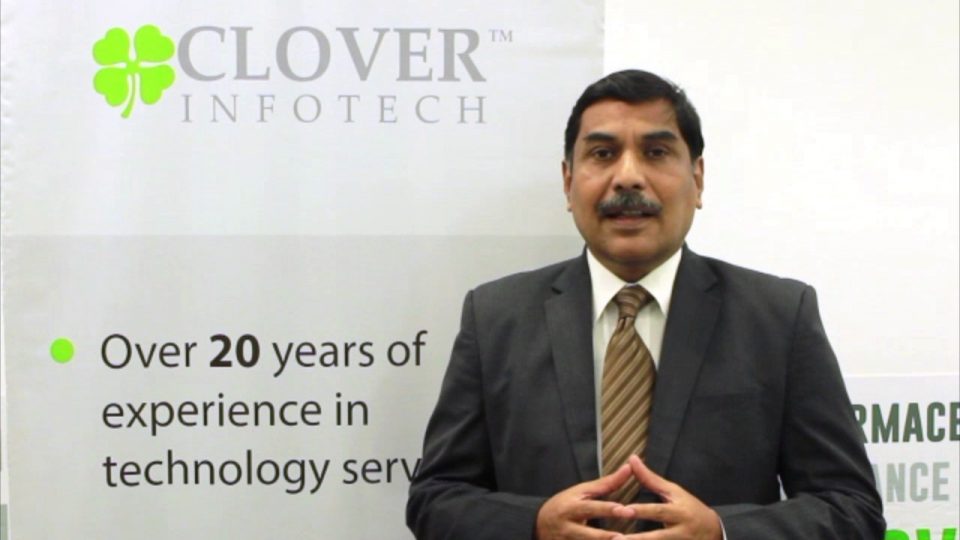By: Shrikant Navelkar, Director, Clover Infotech
Gone are the days when organizations could operate in a silo. The perimeter of an organization has extended well beyond its four walls. It is critical to now ensure seamless flow of information across its constituents which include employees, customers, vendors, suppliers etc. While this seamlessness brings about a very clear view of the organization and accelerates strategic decision making, it also brings new challenges in the form of security, access to critical information etc.
Our focus here is to understand if you have or can build a truly modern or modernized ERP without having to compromise on security or unauthorised access to business-critical information. The businesses of today demand a highly available ERP system that can positively impact the ‘go-to-market’ time and enable them to attain desired results faster.
The Modern ERP – How does it enable enterprise transformation?
One of the most important exercises in the digital transformation roadmap of an organization is modernizing its ERP. Here’s a few features that modern ERP empowers organizations with: –
- Efficient integration across multiple constituents and systems: The modern ERP must adopt an open architecture that can create the fluidity to enable it to manage a myriad of integrations and connections. To be fully efficient, the ERP may have to connect with internal systems and vendor and customer applications to exchange information in a secure manner and yield results faster.
- High level of automation – The ERP teams must analyse each process and deploy automation technologies wherever possible to reduce manual dependencies on tasks that are rule-based and redundant. More importantly, it can almost eliminate human errors. The company may have to pay a heavy price for such inadvertent errors. Hence, it is better to automate such processes as it also enables to optimize the support and maintenance of resources working on the ERP at any point in time while driving higher efficiency.
- Adherence to compliance mandates and localization across geographies:
In the digital age, cybersecurity has taken centre stage. The world is increasingly concerned about misuse of personally identifiable information (PII) and hence there are a set of rules and compliance mandates while handling business and customer centric data. A modern ERP must have capabilities that can enable localization and adherence to tax computation and rules, compliance mandates, etc. It must work seamlessly across international borders so that multi-national companies can operate using the same ERP across their global offices.
- Modernized architecture – A modern ERP must leverage new-age technological advancements such as a micro-services architecture, cloud-native features, etc. and must be offered as a SaaS rather than having to implement, maintain, and manage on-premises. It should also enable seamless integration and scalability. Most importantly, it should maintain utmost security so that data and access are not compromised.
- High performance with minimum maintenance – Modern ERPs can seamlessly interact and exchange information with applications. Being on the cloud, they are regularly updated and secured, and they needn’t be migrated to the latest version periodically. They offer much better performance in terms of speed, content presentation in the form of user-friendly charts and graphs, enhanced analytics etc. enabling to make informed decisions. With maintenance and support required also being minimal, the strategic teams can leverage the modern ERP better while the IT and technology teams spend comparatively lesser time and effort to keep it running.
We live in the age of data. The information available about each aspect of the business today enables decision makers to be more confident when they take strategic decisions. A modern ERP is the first step towards creating a strategic view of information across the organization and giving a comprehensive and connected view of the information. It is a significant improvement over viewing them in their respective siloes and creating standalone reports to aid decision making. Organizations that have embarked on a modern ERP journey are reaping rich benefits in terms of enhanced decision making and accelerating business growth. Is your business being empowered with a truly modern ERP?
Read More News: https://www.enterpriseitworld.com/
Watch CIOs Tech Perspectives: https://ciotv.live/
Read IT Partner News on: https://www.smechannels.com/


